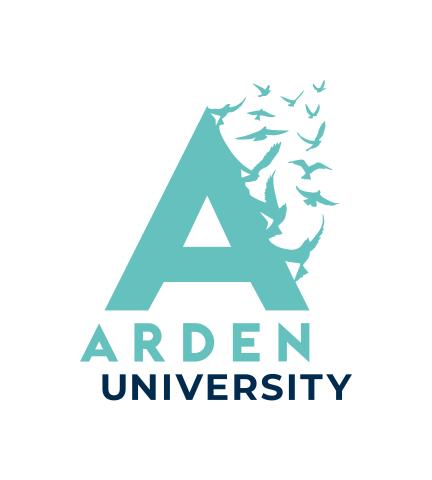
Teaching the skills wanted by employers in 2021 and beyond
Traditionally many universities have designed new programmes led by the research interests of academics, with employer and industry consultation relegated to an afterthought.
Programme specifications and module proposal forms have been tossed under the noses of random employers, asking for feedback on courses that are already developed. This has often been a tick-box exercise to demonstrate to the academic validating panel that employer consultation was sought, simply paying lip service to the critical need for employer engagement.
With the accelerated shift towards digital learning, many universities previously focused on face-to-face delivery have found it challenging to adapt teaching, learning and assessment models to meet the needs of a new, dynamic, technology-driven business environment.
Use professional networks
To capitalise on employers’ expertise and input, higher education institutions should flip their approach. Ideas for new courses can stem from a wide range of employer networks.
Build professional networks by approaching them with a blank sheet of paper. Adopt a bottom-up approach, asking employers what skills, knowledge and attributes they want to see in graduates. This partnership should be continued throughout the programme development phase, facilitating co-creation with employers involved at every stage.
Design practical assessments
The best way to ensure graduates are job-ready is through practical assessments that are industry relevant. For example, replacing essays and referencing with a social media campaign for marketing students to devise and present. They will learn much more getting their hands dirty with some real-world challenges and application than writing up theories for two hours.
Use your tech capabilities to emulate real-world scenarios. For instance, assess a students’ performance as a company owner in their desired industry with virtual reality simulation. These examples are just a snippet of what an inspired and well-planned digital programme can do for inquisitive, ambitious students.
University courses should ensure students can meet the demands of future careers and delivering programmes through digital channels helps them build confidence with tools and processes used across the professional world.
In past conversations, business leaders have expressed doubts about students acquiring the skills they look for, highlighting the importance of creating courses that answer employer needs and connect students to the world in which they will operate.
Incorporate industry experience
Industry professionals generally have a comprehensive knowledge of the inner workings of their industries, markets, systems and processes, which is invaluable for students.
Bringing industry professionals into the classroom provides fresh insights and connects students to the world beyond their course, allowing them to network and build professional relationships before they have graduated.
Bringing in lecturers with industry experience, using live cases to solve real-time problems and designing alternative assessments will help shape the professionals of tomorrow, while keeping them in touch with the here and now while they learn from home.
Embrace teaching in a post-pandemic world
The pandemic has accelerated changes across all sectors, bringing the university of 2030 to 2021. Institutions now need to provide learners with the skills and knowledge they need for a very different future.
The market wants universities to move beyond bachelor’s degrees that focus more on theory than practice as their primary product. More agile, lower-priced, digital “packages of learning” are increasingly valued by employers.
“Upskilling” is not just a business buzzword. It is a vital requirement to keep pace with technological advances and introducing credentials that support this is essential. To remain relevant and employable, workers are faced with the need to re-evaluate and update their skill sets and universities should respond to this need.
Dilshad Sheikh, dean of the Faculty of Business at Arden University.




